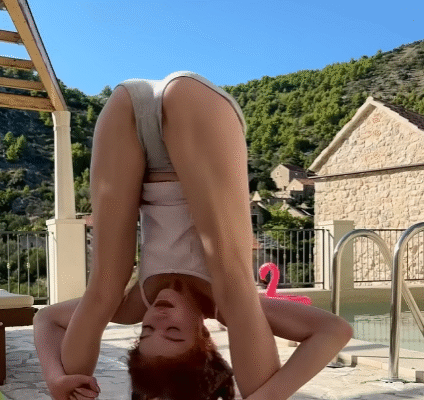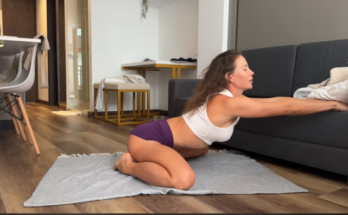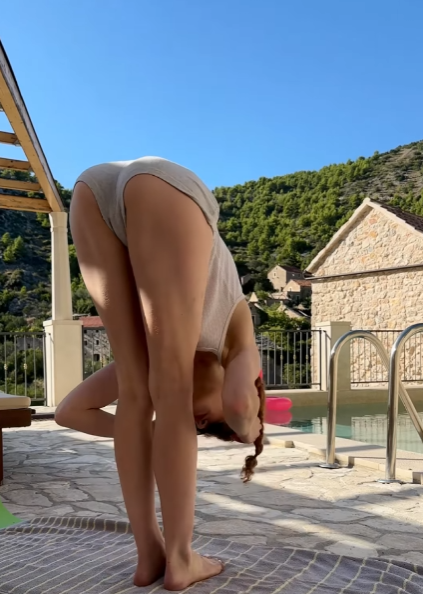
Morning sunlight streamed through the thin curtains, painting the room in a soft golden hue. Outside, the world was already awake — motorbikes humming, roosters crowing, children laughing on their way to school. But inside, everything felt still. Lila lay on her bed, eyes half open, letting the quiet rhythm of the morning seep into her chest. For the first time in a long while, she wasn’t in a rush. She was learning to take it slow.
For years, Lila’s life had been a race — a constant push to get things done faster, better, sooner. She woke before dawn, juggled work, errands, and family obligations, and often collapsed into bed long after midnight, exhausted but never satisfied. Her friends admired her “energy.” Her boss praised her “dedication.” But deep inside, Lila felt something breaking. The joy she once had for small things — a walk in the garden, a warm cup of tea, a phone call from her mom — had quietly disappeared, replaced by the endless chase for more.
It wasn’t until one afternoon, standing in line at a crowded supermarket, that everything changed. Lila’s chest tightened, her breath caught, and her vision blurred. Panic rushed through her like fire. The doctor later called it “burnout.” She called it a wake-up call.
That day marked the beginning of something new — a promise to herself to slow down.
At first, taking it slow felt almost impossible. She didn’t know how to stop. She’d wake up and instantly reach for her phone, her fingers twitching to check messages, to-do lists, and emails. But then she’d remember the doctor’s gentle advice: “Try to breathe before you begin your day.”
So, she started with that.
Each morning, before anything else, she sat by her window, closed her eyes, and simply breathed. In and out. In and out. The first few days, it felt awkward — her mind wandered to unfinished work and missed calls. But soon, those ten minutes became her favorite part of the day. The air felt softer, the world quieter. She noticed the sound of leaves rustling, the scent of jasmine from the neighbor’s fence, and even the subtle rhythm of her heartbeat.
She began walking to work instead of taking her motorbike. The twenty-minute stroll along the riverside let her see things she’d never noticed before — a fisherman mending his net, old ladies selling mangoes, children racing paper boats. Every step reminded her that life wasn’t meant to be rushed through.
In the evenings, she started cooking again. Not the quick microwave meals she used to rely on, but real, slow-cooked dishes that filled her kitchen with warmth and aroma. Sometimes she’d hum along to old love songs on the radio while stirring soup. She wasn’t cooking for anyone else — just herself — but it felt like an act of care, a small celebration of being alive.
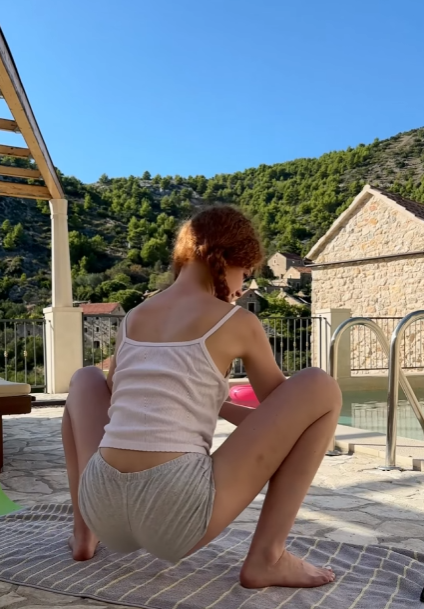
Her friends noticed the change.
“You seem different lately,” her best friend Mina said one weekend over coffee. “Calmer.”
Lila smiled. “Maybe I’m just learning not to run everywhere.”
Mina laughed. “You used to make me tired just watching you!”
“I made myself tired too,” Lila admitted, sipping her coffee slowly, savoring every warm swallow.
Work didn’t stop being demanding, of course. Deadlines still came and went. But Lila began setting boundaries — logging off at six, saying no to extra tasks when her plate was full, and taking breaks without guilt. At first, it felt strange to rest without the voice in her head whispering, You should be doing more. But the more she practiced, the quieter that voice became.
One Sunday, she took a trip to the countryside alone. She rented a small bicycle and pedaled lazily through rice fields that shimmered under the sun. The air smelled of earth and fresh grass, and her mind was clear. She stopped by a pond, sat under a tamarind tree, and watched dragonflies dance on the water. For hours, she did nothing — just listened, breathed, and existed.
In that quiet space, she realized something profound: slowing down wasn’t about doing less, but about being more present in what she was already doing.
When she returned to the city that evening, the usual noise and movement didn’t feel as overwhelming. She walked home slowly, smiling at the street vendors and children playing hopscotch on the sidewalk. Her pace had changed, but the world hadn’t — and somehow, that made her feel stronger.
A few weeks later, Lila visited her parents. Her mother was planting herbs in the garden, her hands covered in soil.
“Come help me,” her mother called out.
Lila knelt beside her and started digging small holes for the seedlings. The air was filled with the scent of mint and basil.
“You used to hate this kind of work,” her mom said, smiling.
“I guess I finally learned that good things take time,” Lila replied.
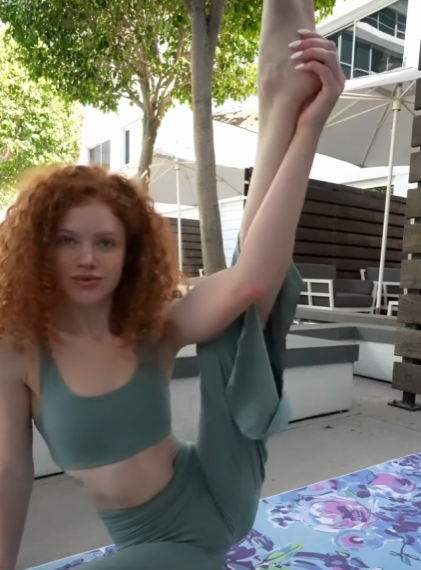
Her mother nodded. “Yes. Even flowers won’t bloom faster just because we want them to.”
Those words lingered in Lila’s heart. She thought about how much of her life she had spent trying to force things — success, happiness, love — to happen on her own schedule. But the truth was, life bloomed at its own pace. The more she pushed, the more she missed the beauty of the unfolding.
Now, months into her new rhythm, Lila feels lighter. She still has goals, still works hard, but she’s no longer chasing every second. She reads before bed, sometimes falls asleep to the sound of rain, and wakes up without an alarm. She takes time to stretch, to water her plants, to look at the sky.
Sometimes she catches herself slipping back into old habits — rushing through a meal, scrolling through social media, hurrying from one task to the next. But instead of getting frustrated, she smiles and whispers, “Take it slow.”
And she does.
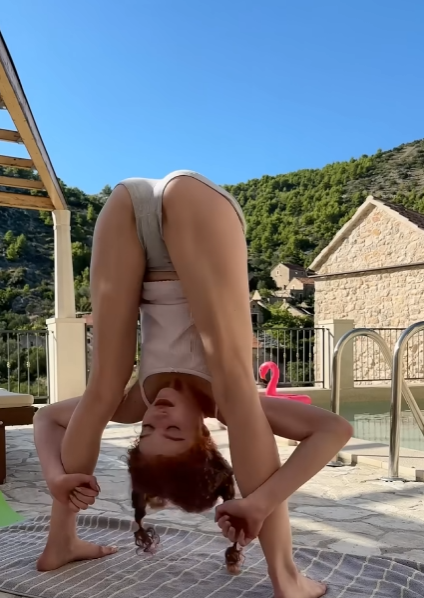
Because taking it slow doesn’t mean falling behind. It means giving yourself the grace to live fully — to notice the taste of your food, the sound of your laughter, the softness of a breeze. It means being kind to your body and gentle with your heart.
In a world that glorifies speed, slowing down has become her quiet rebellion.
As she stands on her balcony one evening, watching the sun sink below the skyline, she feels a deep peace settle over her. The sky glows orange and pink, birds trace their paths home, and the city hums softly below.
She smiles, takes a deep breath, and whispers to herself —
“I’m exactly where I need to be.”
And for the first time in a long while, she truly believes it.
